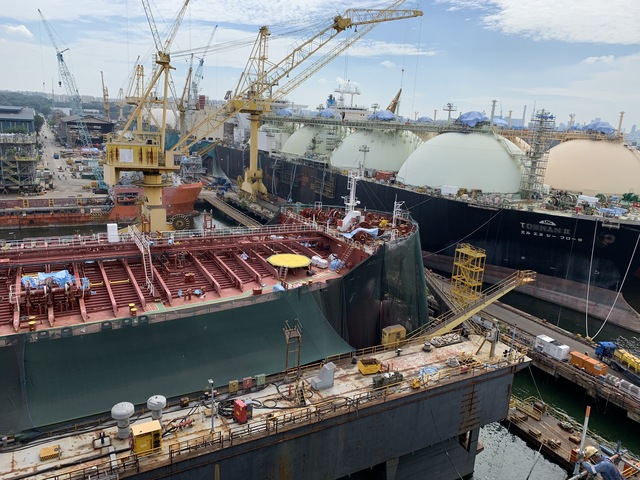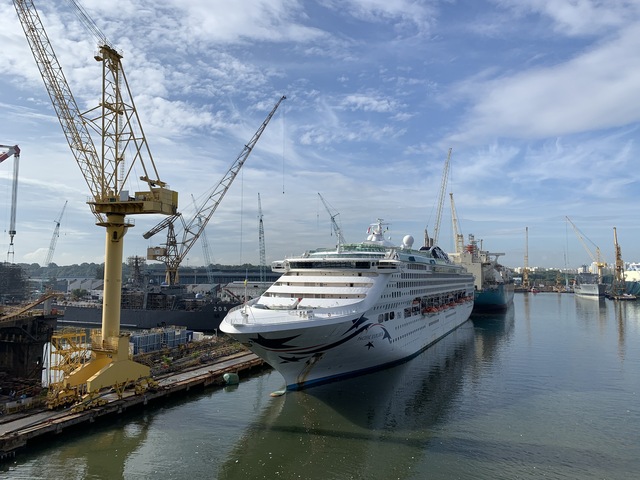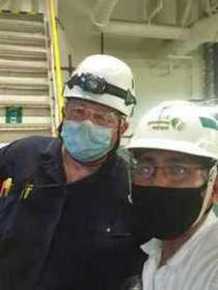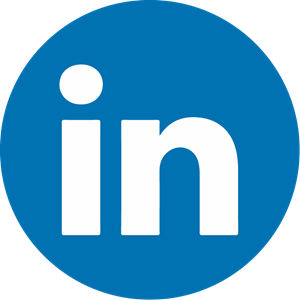News
Transport Canada issued a bulletin to advise the marine industry of the Policy on Authorized Service Providers. This applies to the equipment carried on SOLAS vessels and any vessels that are required to meet Chapter III of the SOLAS Convention. It applies also to the service provider who carries out their maintenance.
SAFETY | 01/12/20 This policy implements requirements from the IMO Resolution A.761(18) (Recommendation on conditions for the approval of servicing stations for inflatable life rafts), as amended, and Resolution MSC.404(96) (Amendments to the International Convention for the Safety of Life at Sea, 1974, as amended), relating to the maintenance, testing and servicing of life-saving appliances. This policy also sets parameters for authorizing service providers. The policy by Transport Canada covers weekly and monthly inspections that must be done by the crew, how to service inflatable equipment, how authorized service provider must service, carry maintenance or repair survival craft, rescue boats, launching appliances and release gear, and authorization of service providers. More information: Government of Canada & Read more: Safety 4 Sea
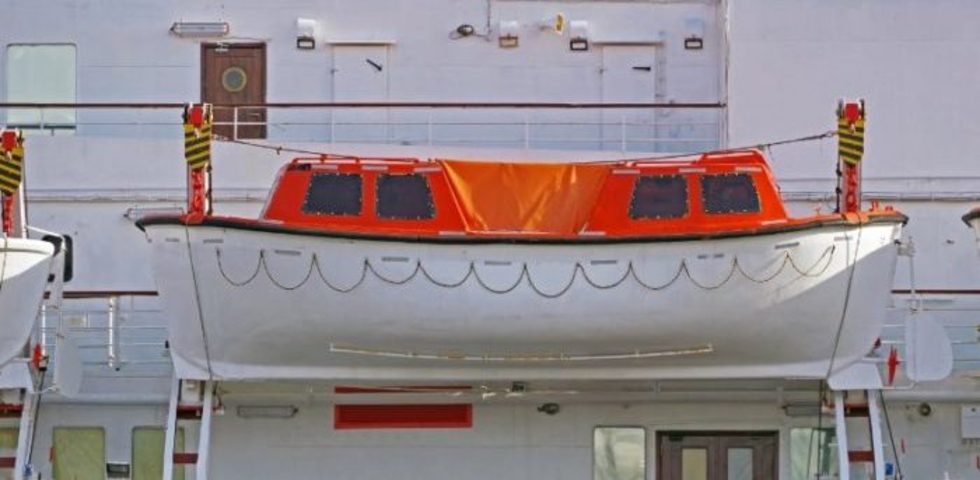
The IMO Marine Environment Protection Committee (MEPC) held its 75th session from November 16th to 20th, 2020. This brief provides an overview of the more significant issues agreed at this session, including matters pertaining to GHG reduction efforts, air pollution, energy efficiency and ballast water management. Download the MEPC 75 Brief here
The importance of sharing experience and best practices of shipping in Polar waters was highlighted during the 4th Meeting of the Arctic Shipping Best Practice Information Forum. Addressing the meeting, IMO’s Heike Deggim provided an overview of IMO regulations and guidance for shipping in Polar regions including the International Code for Ships Operating in Polar Waters (Polar Code), mandatory since 2017, which sets additional requirements for safety and protection for ships trading in the harsh environments of the Arctic and Antarctic waters. Recent developments include the development of safety measures for ships not currently covered by the Polar Code, because they do not fall under the SOLAS convention. These include fishing vessels and yachts. IMO has developed two sets of draft guidelines, one on safety measures for fishing vessels of 24 m in length and over operating in polar waters and one for pleasure yachts of 300 gross tonnage and above not engaged in trade operating in polar waters. Both are expected to be approved next year. Read more: IMO News
Albion Marine welcomes the draft amendments to the MARPOL convention that require ships to combine a technical and an operational approach to reduce their carbon intensity. Draft new mandatory regulations to cut the carbon intensity of existing ships have been approved by the IMO Marine Environment Protection Committee. This builds on current mandatory energy efficiency requirements to further reduce greenhouse gas emissions from shipping. The MEPC also agreed the terms of reference for assessing the possible impacts on States, paying particular attention to the needs of developing countries, in particular Small Island Developing States (SIDS) and least developed countries (LDCs). Read more: IMO News

